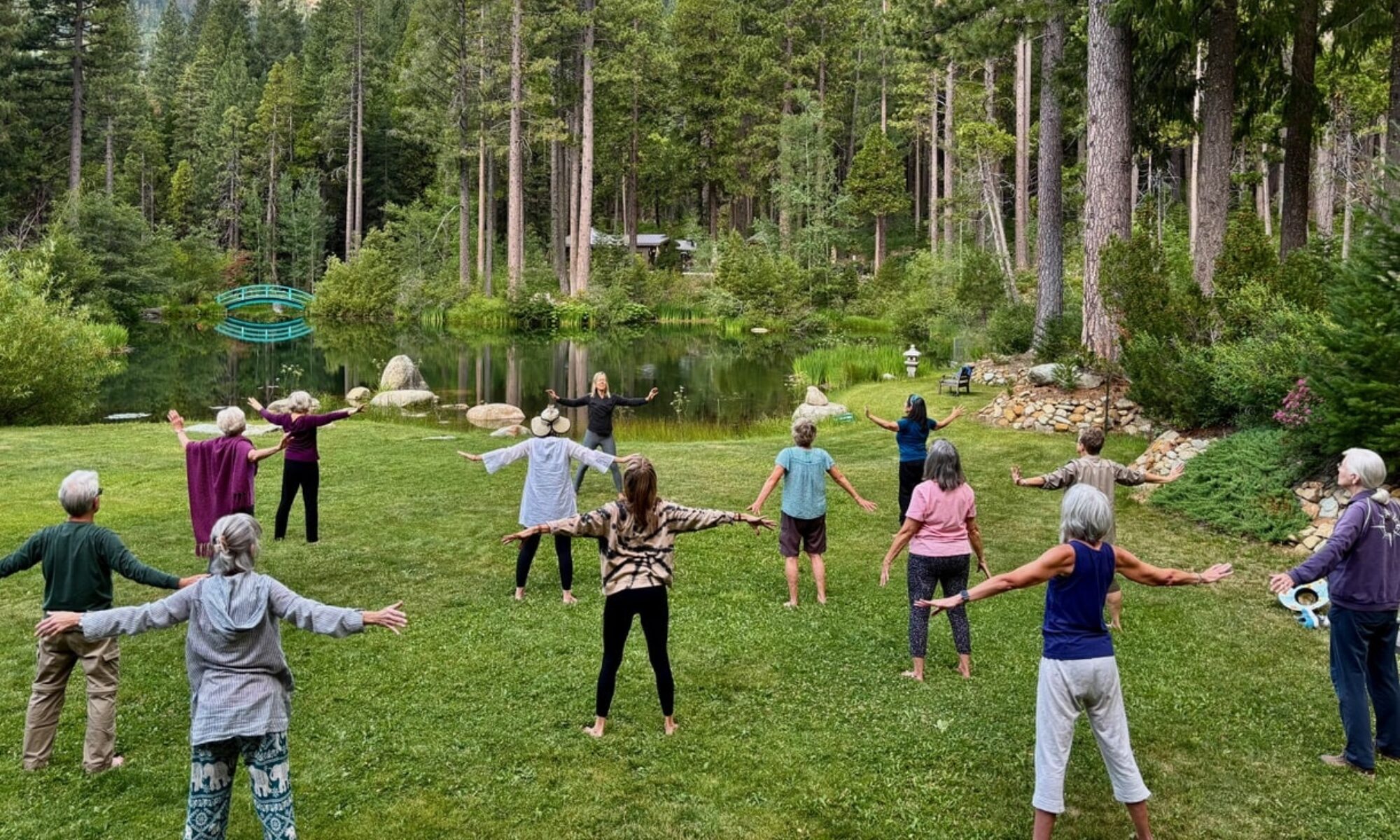Birds are singing outside as a clear blue sky fades into dusk. Another beautiful, long summer day passing as we approach solstice.
I am feeling contemplative. There are so many beginnings and endings in life. My yearlong yoga therapy live coursework concluded this evening. The last time we will all be together as that group of individuals in our now cherished Zoom room. I am able to hold myself with compassion as I experience this ending. This group has held me and helped me grow. I will miss them. I feel tender and a little sad. I also feel so incredibly lucky to have been on this journey.
Karunā is the practice of compassion. Thich Nhat Hanh says the practice begins with ourselves. Through learning self-compassion, we can then see others’ pain and offer them kind, open and loving support.
Self-compassion is a practice where we learn to hold ourselves tenderly when we experience pain or confusion. When we learn to do this, tension in body, mind and heart can ease. Our stress levels go down and along with them stress hormones that course through our bodies diminish. Our breathing quiets and may expand, activating our rest and digest nervous system. We may pause, feeling seen and held, and take better care of our physical needs, offering ourselves nourishment, time in nature, or rest. All of these health benefits can come from this simple practice of self-compassion.
Next time you are feeling down or sad, I invite you to try this– step outside yourself with your witnessing presence. Imagine you are witnessing a friend in distress. Take yourself in– seeing and sensing the emotion, the physical sensations, the stories, the thoughts.
Let yourself know, I see you and your feelings. I am here, holding you tenderly. I care about your well-being. I will stay with you. As a friend would, hold yourself in awareness and if it helps, continue with the reminders.
I see your pain and confusion. I am holding you tenderly. I am here.
Some of us did not receive this type of support when we were young. We may not have been held in this way while we were developing. So holding ourselves like this may feel foreign. If so, think of the last time you supported a friend and offered them kindness. And then look back at yourself, remembering your ability to be a friend.
This is a practice that can be hard in our culture. We may feel undeserving. We may feel selfish. If these feelings come up, ask yourself if you would offer compassion to others– and if so, can you try again with yourself?
This was not an easy practice for me when I started. I didn’t know it was possible to befriend myself in this way. And now, this strong friendship I am developing with myself helps me to feel secure, held, loved, grounded. And in this state I am more able to be there for my kids, family, students and friends.
Sometimes I get too busy and forget– and when I come back, like I did this evening on my walk with Izzy before dusk, and hold myself tenderly, I feel more settled, mind and heart nestled into a calm body. My nervous system resets– I am like a small child with a skinned knee held on my dad’s lap. The pain dissipates. I feel held and seen– and even with the sadness, I feel like I belong to something much greater and I will be okay.


